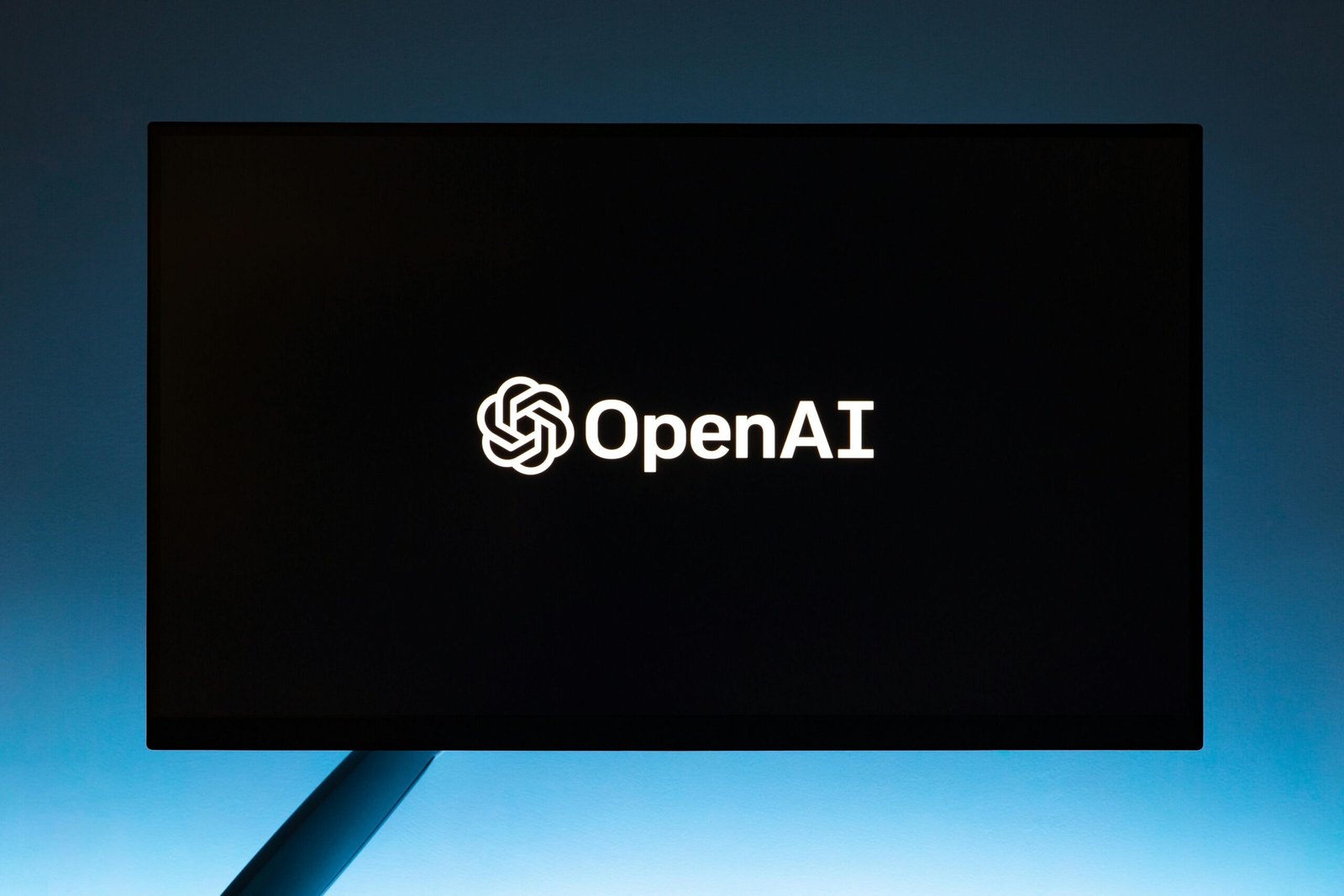
Codex by OpenAI: The AI Revolution in Software Development
Codex is OpenAI’s breakthrough in AI-assisted coding — a powerful tool that turns natural language into functional code. More than just a code generator, Codex understands context, logic, and design patterns, helping developers build software faster and smarter. From writing functions to debugging and translating between programming languages, Codex is transforming how we develop and interact with code.
What Is Codex?
According to OpenAI’s official Codex blog, the model is designed to translate natural language into code across multiple programming languages. Codex is a specialized AI developed by OpenAI, built upon its language models like GPT-3 and GPT-4. Unlike general-purpose models, Codex has been fine-tuned on billions of lines of code from open-source repositories, making it capable of generating clean, efficient code in multiple languages, including Python, JavaScript, and C++.
Example: Ask Codex, “Create a Python function to convert Celsius to Fahrenheit,” and it delivers a working function in seconds.
From GPT-3 to Codex: A Specialized Path
- GPT-3 (2020): Trained on massive datasets for general language tasks.
- Codex (2021): Fine-tuned for software development tasks, turning natural language into structured code.
GPT-4 & GPT-4.5 (2023–2025): Integrated Codex capabilities into ChatGPT for full-stack coding assistance.
The Investment Powering Codex’s Growth
Major Milestones
- 2019–2021: Microsoft invests $3B+ in OpenAI, integrating Codex into GitHub Copilot and Azure.
- 2021: OpenAI launches a $100M Startup Fund to support Codex-driven innovation.
- 2023: Microsoft pledges an additional $10B.
- 2025: OpenAI introduces the Codex Open Source Fund, allocating $1M to community tools.
How Codex Is Used in 2025
GitHub Copilot
Today, Codex powers GitHub Copilot, used by over 1.5 million developers. It acts as a coding assistant — suggesting, completing, and even generating documentation alongside your code.
GitHub Copilot, powered by Codex, assists over 1.5 million developers with code suggestions and completions in real time (source).
ChatGPT + Codex = Full-Stack Assistant
With Codex embedded into ChatGPT, users can now:
- Build entire projects from scratch.
- Debug multi-language codebases.
- Translate code from one language to another.
- Evaluate code for security and efficiency.
This fusion is helping not just developers, but educators, small business owners, and data professionals build smart solutions — without deep programming experience.
The Future of Codex: What’s Coming in 2026
OpenAI has ambitious plans to expand Codex:
- 2025–2026: An additional $100–200M will be invested to improve capabilities and scale.
- Industry-specific Codex versions are on the way for sectors like:
- Finance: Risk modeling and code auditing.
- Biotech: Genome data tools.
- Education: AI-enhanced learning platforms.
These versions will help enterprises modernize legacy codebases and automate complex workflows with minimal human intervention.
Codex Empowers Developers — It Doesn’t Replace Them
Codex isn’t here to eliminate developers — it’s here to elevate them. With Codex:
- You write less boilerplate and more business logic.
- You focus more on design and innovation.
- You gain time to think creatively instead of debugging syntax.
Despite its power, Codex still requires human oversight. It can make errors, and like any tool, it works best in skilled hands.
Conclusion: Coding with Codex Means Coding Smarter
Codex represents a turning point in software development. It allows anyone — from professional coders to complete novices — to create, explore, and innovate. The future of development is no longer just about knowing a programming language. It’s about knowing how to collaborate with AI — and Codex is leading the way.
With Codex, the future of coding is more accessible, more intelligent, and more human-centered.
Do wish to read more about how Deepseek compares with open AI as technology challenger? read here
Disclaimer
This blog post is for informational and educational purposes only. It is not affiliated with, endorsed by, or sponsored by OpenAI or any related entities. All trademarks and product names, including Codex, GPT, GitHub Copilot, and Microsoft, are the property of their respective owners.
The content is based on publicly available information and analysis as of 2025. While every effort has been made to ensure accuracy, the author and technews9.com are not responsible for any decisions made based on the content of this article. Readers should verify details independently and consult official sources for updates.

